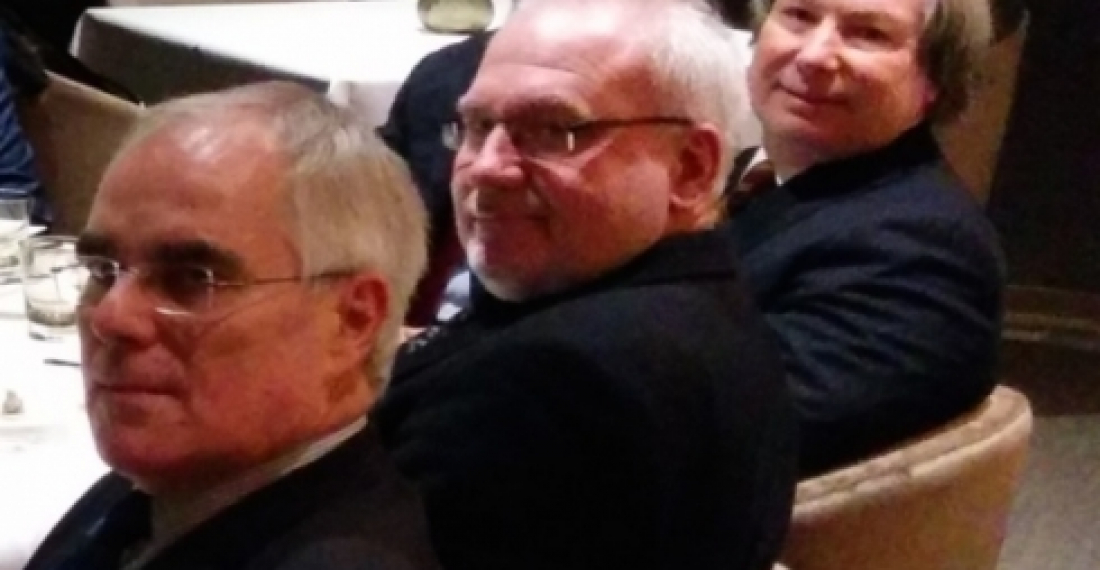The diplomats from France, Russia and the United States who co-chair the so-called "OSCE Minsk Process" are in the Belarussian capital today, ostensibly for consultations with the country's government. The news came in a tweet this morning by the US representative, Ambassador James Warlick.
The OSCE Minsk Process emerged in the early 1990s from a decision taken in March 1992 by the Council of the Conference on Security and Co-operation in Europe (CSCE) to convene a conference in Minsk in an effort to resolve the conflict that was raging between Armenia and Azerbaijan over Nagorno-Karabakh. Belarus as the host of the proposed conference was one of a number of countries entrusted to prepare for the conference. Eventually the group appointed the three co-Chair that are still there today. Twenty three years later the Minsk Conference has yet to be convened, and the Nagorno-Karabakh conflict - very much unfrozen, rages on with daily incidents and large number of fatalities.
Commonspace.eu political editor commented on the significance of the visit of the co-Chair to Minsk:
"The visit of the co-Chair of the Minsk Process to the city whose name they bear, exactly twenty three years to the month since the decision to convene the Minsk Conference was taken, is full of symbolism. As far as one can remember this is the first time that the co-Chair have visited Minsk for a long time, if ever. Ofcourse it can simply be a routine visit, as was suggested. On the other hand the visit inevitably raises questions regarding the roots of the Minsk Process, and the fact that the original mission of the group was to convene a conference in Minsk. That decision, taken 23 years ago, is now long overdue. Are the co-Chair simply searching for their roots, or is this the first sign that the Minsk Conference is back on the agenda? Given that everything else seems to have failed, and that the question of Karabakh remains the most serious current crisis in the South Caucasus, that option must now surely be given serious consideration. In some respects the timing is right. Minsk is currently basking in its new role as a centre of diplomatic activity. Its close but ambiguous relationship with Russia allows Belarus to play a specific role in the current turbulent European security relations. So a visit to Minsk by the co-Chair is timely, as would be the convening of the Minsk Conference."
source: commonspace.eu
Photo: Ambassdors Pierre Andrieu of France, Igor Popov of Russia and James Warlick of the United States (picture courtesy of Armenian Public Radio).







